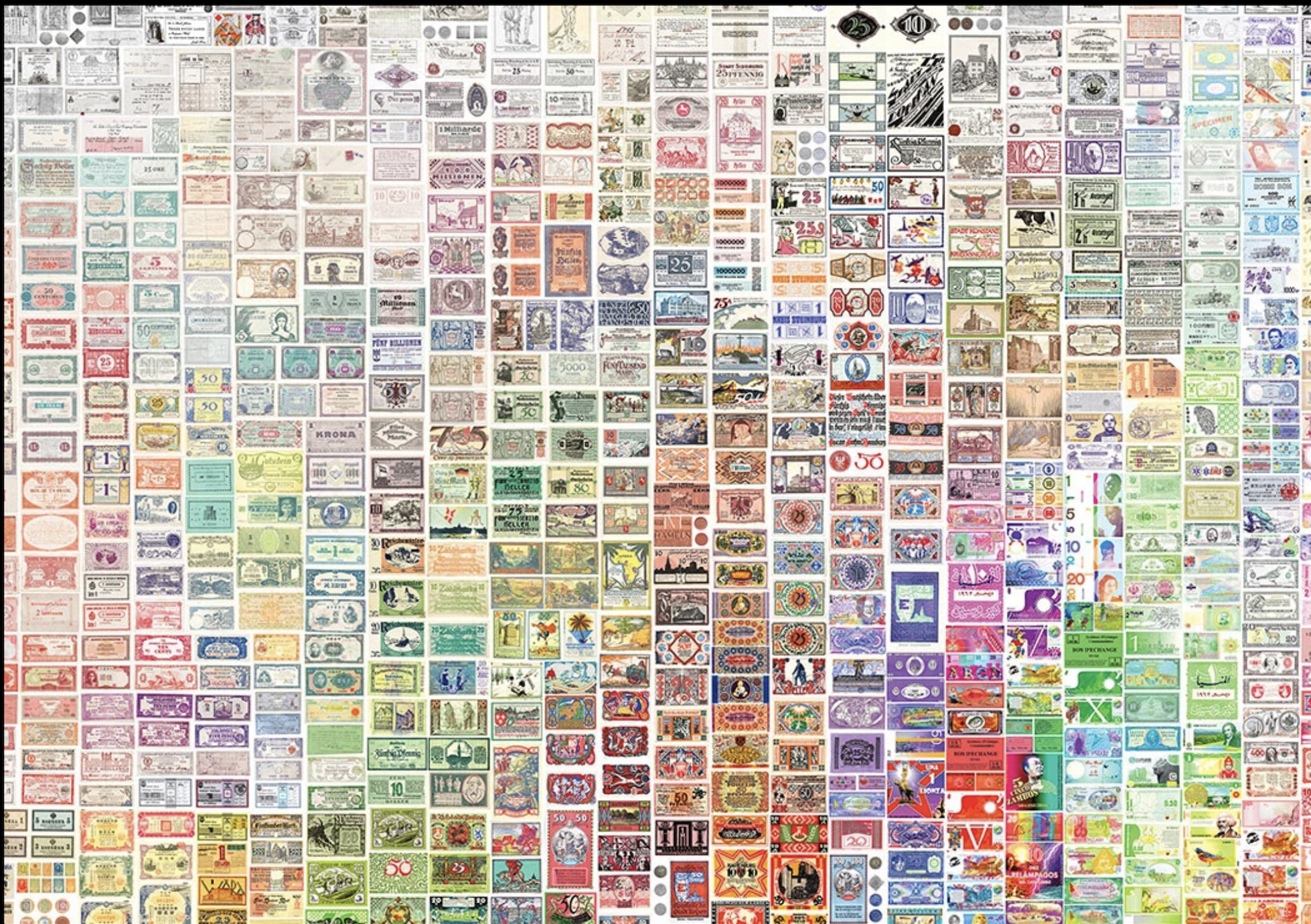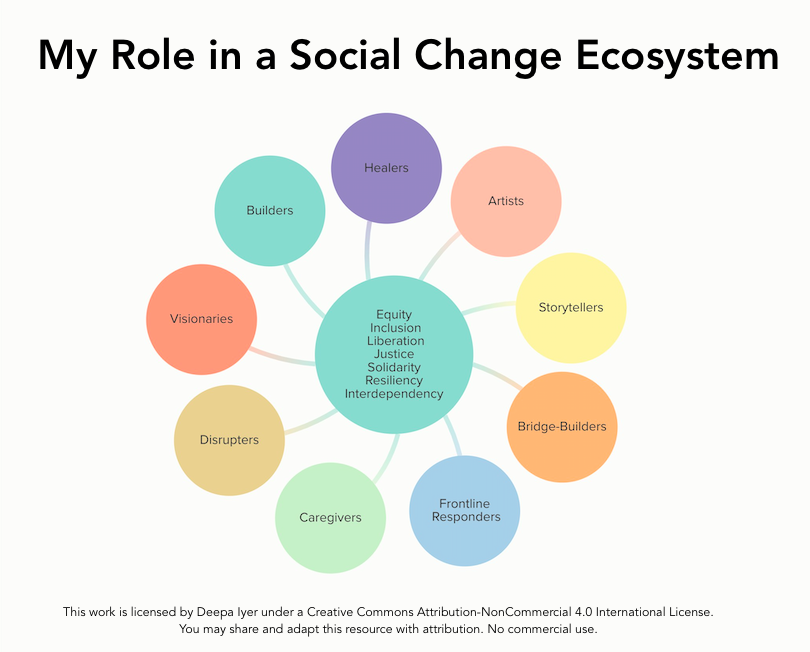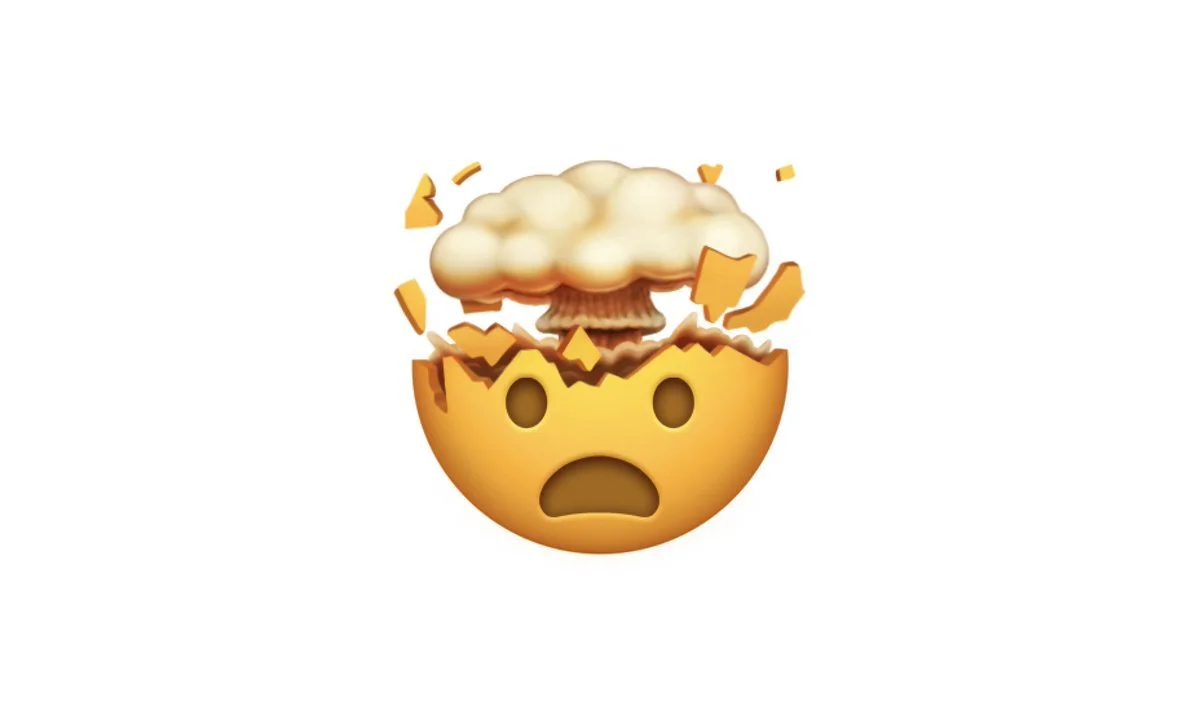I have served as an Advisor to the people of the Internet who want to help change our world.
From July through September of 2021, I was honored to serve as the “Advisor” for the Community Tool Box, and was officially positioned to answer questions from anyone, anywhere, with access to the internet.
As I’ve said before, when someone asks me a question, I feel respected. So, answering questions from all corners of the world, posed by people passionate about community, was just the kind of volunteer job I’d dream up for myself, if someone else hadn’t already dreamed it up.
The Community Tool Box is a free, online resource for those working to build healthier communities and bring about social change. In addition to a wide compendium of informational resources, the CTB website offers a free “Ask An Advisor” service, where folks submit online questions about working in communities and receive brief, personalized responses.
The questions I was asked from July through September, and the answers I posted, can be seen here. The question that most excited me came from Juan, who was interested in connecting with community organizations to test the idea of complementary currencies.
Photo credit from www.livialima.com. The Royal College of Art Visual Graduation Show 2012 showcased a collection of 853 alternative bank notes, objects and coins from the 1300s to today.
I was guided through my time as a Community Tool Box Advisor by Dr. Bill Berkowitz, a lead editor and core team member of the CTB, and one of my favorite community psychologists.
For several years, Bill and I were on the faculty of the University of Massachusetts Lowell’s Department of Psychology together. One note about Bill that comes to mind readily, besides his epitome-grade kindness, was that he was teaching classes as Professor Emeritus in hopes of a “standing O.” During a casual conversation, he shared that he had once taken a college course in which, on the last day of class, all of the students gave the Professor a standing ovation. He told me that since he hadn’t received one yet, he’d just keep on teaching. This detail about his life simultaneously increased my fondness for Bill, for teachers, for students, and basically for all other good people on this planet.
The power of the standing O is its spontaneous and unanimous nature. The group behavior is dependent on being entirely present in a shared moment, in a shared space, and in a shared experience with other people. I came of age during the 80’s, so I appreciate the experience of being unified with others in singular moments in time. Not only did I participate in Hands Across America, but I was also around for the emergence of “the wave” at sporting events and concert stadiums.
To this day, I jump in on any wave that comes my way, most recently while watching my son play trombone with the Hudson High School Swing Marching Band at the 2021 Buckeye Invitational. It’s a visceral manifestation of the sense of we.
Responding to Ask An Advisor queries for one quarter of 2021 provided me with a renewed sense of we — albeit at a lower energy level than a stadium wave. Being an Advisor helped strengthen my connection to the field of community psychology, and reminded me of the many roles within a social change ecosystem, envisioned by Deepa Iyer here, and revisited here.
Since I have last updated this website at the end of 2019, there have been countless “sense of we” moments — of suffering, pain, celebration, and love. Two that will remain salient for me are groups of Italians singing and playing music from their balconies during the coronavirus lock-ins, and groups of Americans lying face down for 8 minutes and 46 seconds to recognize the killing of George Floyd and the immense harm of state sanctioned violence against Black and Brown people in this country.
I end this post glad that my Advisorship went well, and that it’s over, and with the words of a childhood rhyme — “ask me no more questions, I’ll tell you no more lies…” — running through my head. And since there are childhoods I’d like to look forward to, I put my faith in the power of we to shape a sustainable future, for my grandkids, and for yours.








